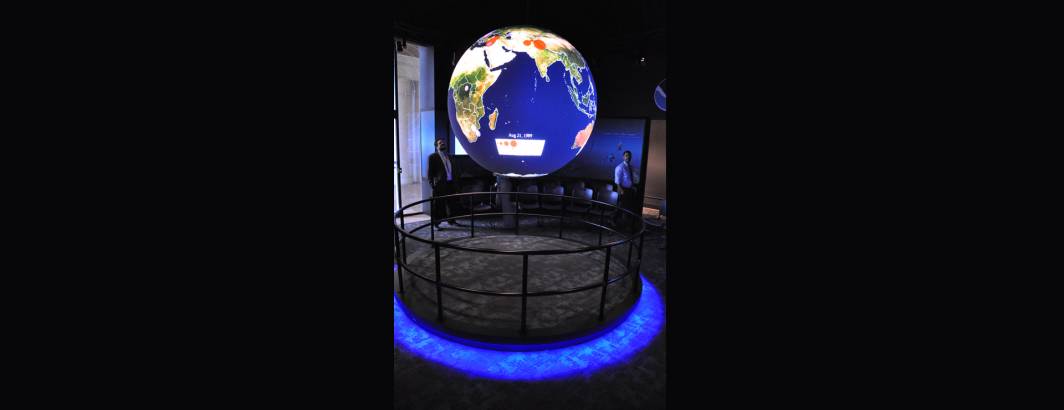
GDELT's live global data feeds, spanning more than 150 languages across every corner of the globe, offer one of the most unique and powerful open catalogs of planet earth in existence. From forecasting future conflict and forced human migration to detecting the earliest glimmers of tomorrow's pandemics and economic hazards, GDELT today is used throughout the world to understand, catalog and forecast global risk.
The nexus of so many of these risk topics to peacebuilding offers a reminder of the myriad ways GDELT is used today in those communities. While peacebuilding historically has been focused on physical de-escalation, GDELT offers the unique opportunity to focus on the narratives that precede, undergird, inflame and enhance conflict. How can we help citizens see the world through others' eyes? How can we combat, deemphasize and debunk dangerous disinformation, misinformation and other falsehoods before they have real-world impacts? How can we detect the earliest glimmers of narratives progressing to physical violence and identify not only their formative narratives, but also the most effective potential mitigation strategies to disarm them before they progress further?
These are powerful questions with the potential to profoundly address conflict and instability globally. They also reflect GDELT's increasingly central role as a platform and hub for understanding and forecasting the world and its potential as a global peacebuilding hub that provides the underlying datasets to help us understand and guide the world away from its current trajectory of conflict towards peace and prosperity.